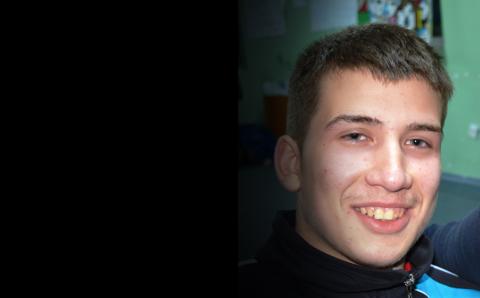I know a lot of Christians who are interested in relating with Muslims these days. Some are learning Arabic or visiting mosques. Others are striking up conversations with Muslim business owners in their communities. While their approaches differ, all of these folks seem to be compelled by the same motivation: Christ’s call to love our neighbors as ourselves.
As an Arab American and the daughter of a Muslim, there are many things I would like people to understand about Muslims. But I’ve come to believe there are three things people really need to know if they are seeking to relate with Muslims, particularly Muslims living in North America.
First, a misconception I run into fairly regularly is that all Arabs are Muslim, and that all Muslims are Arab. This is understandable since the Islamic faith is inextricably linked to the Middle East and the Arabic language. But in fact, Muslims are people who ascribe to the Islamic faith. Arabs are people who belong to an ethnic group whose roots are in North Africa and the Middle East. Retired NBA player Kareem Abdul-Jabbar, for example, is a Muslim but not an Arab. Heisman trophy winner Doug Flutie is an Arab but not a Muslim. While many North Americans continue to associate Islam with the Arab world where it began, the majority of the world’s Muslims live in Indonesia today.
Second, contrary to what many Christians think, not all Muslims are devout or super-religious. I know Muslims who pray five times a day facing Mecca. But I also know Muslims for whom practicing their faith looks like praying just a few times a day in the car or in bed at night. As much as I have learned about the Islamic faith, as a Christian, I cannot say that if a person doesn’t do this or that, they are not a “real” Muslim. Islam has a lot of rules, but the failure to follow all of those rules does not negate a person’s faith. Just as I would not tell Christians who attend church only on Christmas and Easter that they are not “real Christians,” I would not do so to Muslims.
Third, and perhaps most important, is the fact that Muslims are people, just like Christians. It may seem obvious, but some Christians who criticize Muslims just don’t seem to understand this. Whenever we point fingers at others, we need to look at what is motivating us. We need to be careful not to pick and choose sources of information that reinforce our preexisting ideas about others, rather than humbling ourselves enough to learn the way that Jesus teaches us to—by loving others.
There are many more things that I wish my sisters and brothers in Christ understood about Muslims (including the fact that all Muslim women are not oppressed, and that most Muslims are not violent terrorists). But these are all things that people will see for themselves once they get to know the Muslims in their communities.
We don’t need to be experts on Islam to relate to Muslims. In fact, relationships are the best way for us to learn about Islam. While our sinfulness makes us good at “othering”—ascribing evil motives to those who are different from us—our faith moves us to embrace our neighbor. How magnificent it is that a Reformed theological understanding of the world affirms and encourages this kind of engagement!
About the Author
Shannon Jammal-Hollemans is the mother of three young children. She and
her husband, Kevin, and the kids attend Oakdale Park Christian Reformed
Church, Grand Rapids, Mich.









